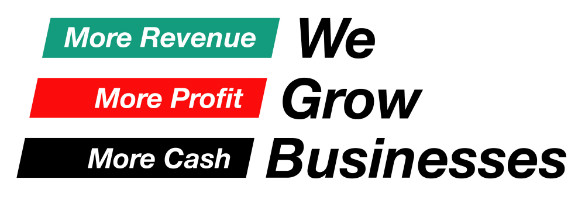Brexit events are changing by day. To make this article as useful as possible we will cover some general principles for running small businesses in challenging conditions, as well as offering a few ideas to help with Brexit preparations.
Cash
As the old saying goes, cash is king. During these difficult times, this is more important than ever. And during turbulent times it is more likely that your income may slow, and costs may rise. For example, clients or customers may encounter cashflow issues. Naturally, they may take longer to pay you. If you’re running a thin cash balance, then delays on receivables could hurt.
Under normal circumstance we recommend our clients hold 1-3 months worth of cost coverage net of tax reserves. Unsurprisingly, we recommend regularly reviewing your cash position, planning income and expenditure, and considering whether to hold more than normal.
Margins
For us, a solid margin is a sign that the business is likely to be long-term sustainable. We need to ensure that these are protected and maintained. We recommend setting targets and closely monitoring, ideally monthly using trended and/or seasonal data from previous years to identify any abnormal changes as soon as possible.
Winning New Work
Very few businesses (if any) can survive without a pipeline of new work. In our experience, what happens in the pipeline is often reflected in the financials a few months later. Monitoring the pipeline can serve as an early warning mechanism for any future financial issues – so keep a close eye on it.
Delivering The Work
We benchmark our clients on productivity metrics such as effective hourly rates and net profit per full-time equivalent. This helps us to identify parts of a business that may be less productive than they could be. Management can then take steps to investigate and/or drive better performance.
During difficult times, it’s important that we achieve as much as possible with our existing resources. Achieving £1 of better performance from existing resources may prove to be easier than winning £1 of new work.
Strategy
In project management we have a concept called a RAID log, which stands for Risks, Assumptions, Issues and Dependencies.
We recommend that small businesses take a few minutes to brainstorm using each of these headings to identify points of concern.
For example, an obvious risk is that no deal is reached with the EU, and that trade with mainland Europe becomes slower and more complex. An assumption might be that it will be possible to transport stock with, at worst, a one week day delay, from mainland Europe to the UK post-Brexit. A dependency might be having a key supplier in mainland Europe. An issue might be customers starting to delay purchases due to Brexit uncertainty and the pipeline slowing.
Once you’ve identified the major points of concern these can be prioritised and actions can be taken as appropriate.
For more insight from the We Grow Businesses team, take a look at our other blog posts or videos.

